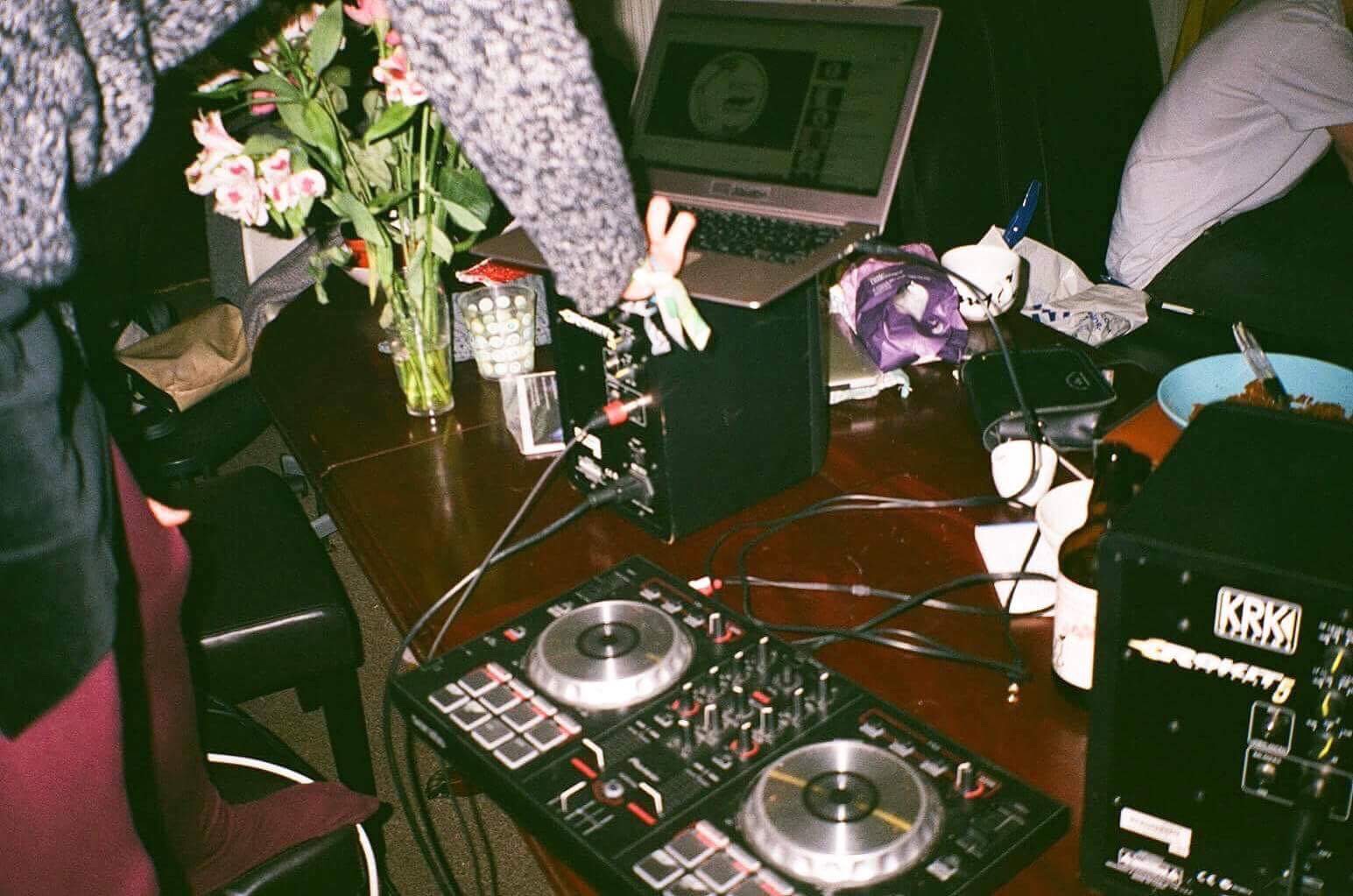[Written By: Florence Bridgman]
[Photographer: Annegret Maja Fiedler]
Are new methods of music promotion ‘sardonically manipulative or profoundly enriching’? Florence Bridgman discusses.
Are the bands of the millennial era mocking or malicious in employing deceptive and shocking strategies to promote their music? Or are these out-there promo tactics a benevolent acknowledgement that today’s fans want more than just music – they expect an immersive experience that transcends the bounds of any given medium or form?
Bands are getting more and more creative in how they advertise themselves. Superficially, it may seem like bands hold the power when it comes to how they plug their music – but, in reality, their millennial audience thrives on promotion that entails indulgence in self-gratifying concealment, deduction, and revelation.
English rock band Don Broco recently performed a particularly peculiar ruse on their fans, revealing via social media platforms their plans to live stream their bassist’s wedding, and inviting fans to be part of the day through a video message by Tom Doyle. So far, so bizarre… but seemingly friendly and good-hearted. The wedding stream, in fact, premiered the music video for the band’s sinister new release ‘Pretty’, and contained shocking imagery involving each band member dismembering the face of another and donning their ‘new skin.’ Was this mordant madness just for a laugh, or was there method? Judge from the remarks of lead vocalist Rob Damiani to AltPress: ‘The concept was just so mental we had to do it. Ironically, the lyrics for ‘Pretty’ are darker than the actual video.’
This stunt holds impact both in itself and in what it accentuates about the song. Just as the virtual world is boundless, what music addresses and the manner in which it does so involves no rules or confinements. What’s the fun in doing what you’re told? In a time when putting a picture of your salad on the Internet is the norm, absolutely anything goes, and from this lunacy emerges an exciting new landscape rife with possibility and originality.
The rebellious antics of Don Broco continued; the band spiced things up just that little bit more with a secret set under the pseudonym ‘The Pretty Boys’ at this year’s Reading and Leeds Festival. The disguise was a far cry from genius: their fanbase had no trouble equating the heretofore non-existent The Pretty Boys with the newly released song ‘Pretty’. But being too clever might have defeated the point – attention and high visibility was the aim here. Fans are armed to grasp all that is thrown at them, and are often, in fact, one step ahead of the game.
Paradoxically, one element of the new digital promotion landscape invaluable for a band to gain attention is to ‘disappear.’ The indie-pop band The 1975 are notable members of the ‘let’s ditch our fans and then come back again’ club. Prior to the release of their sophomore album, ‘I like it when you sleep for you are so beautiful yet so unaware of it’, the band’s frontman Matty Healy posted on twitter an enigmatic comic book strip suggesting the band may be calling it quits. The cartoon shows ‘Old Matty’ silencing ‘Pink’ (i.e. New Matty), watched by two girls lamenting the band they ‘wanted to last forever.’ Of course, after deactivating their accounts for a suitable period, the band returned with a sequence of particularly artistic and elusive promotional material for the album. Arguably, this teasing has become part and parcel of an entertainment industry that is no longer restricted to music – bands create whole worlds around their music, striking in their verisimilitude and intricacy. It might be argued this takes little account of human frailty, where an emotionally charged teen – who resides in the fantasy hologram the band has projected – can feel their world implode at the touch of an intentionally playful, or business savvy, button.
Any fans of The 1975 should hold onto their hats as the band have divulged that their upcoming album ‘Music for Cars’ marks the last of a trilogy and the birth of a ‘new entity’ known as ‘Drive Like I Do’ – once the name of the band before they ‘made it.’ The band attempts to create a never-ending story that defies traditional structures of time: rather like Pixar, each moment contains echoes of another, and can be traced to show both history and future. This calls for serious reflection on the potential of music and its interaction with other media forms – what happened to a quick spin in a Barbie world, hey?
The digital age resets the boundaries for artists and offers the fans a far richer and carefully crafted art form to ponder and reframe through their own readings and responses. The bands and their promotion machinery may be getting more confusing, but arguably simultaneously more invigorating.
Sources:
http://www.nme.com/news/music/the-1975-61-1212530
http://www.nme.com/news/music/the-1975-new-album-new-song-title-music-for-cars-2132746
SaveSave

